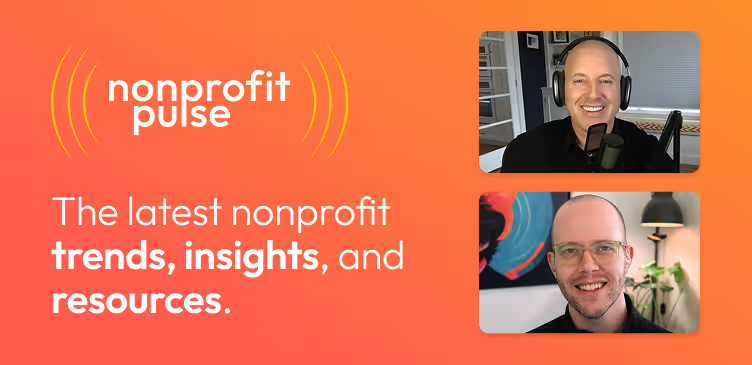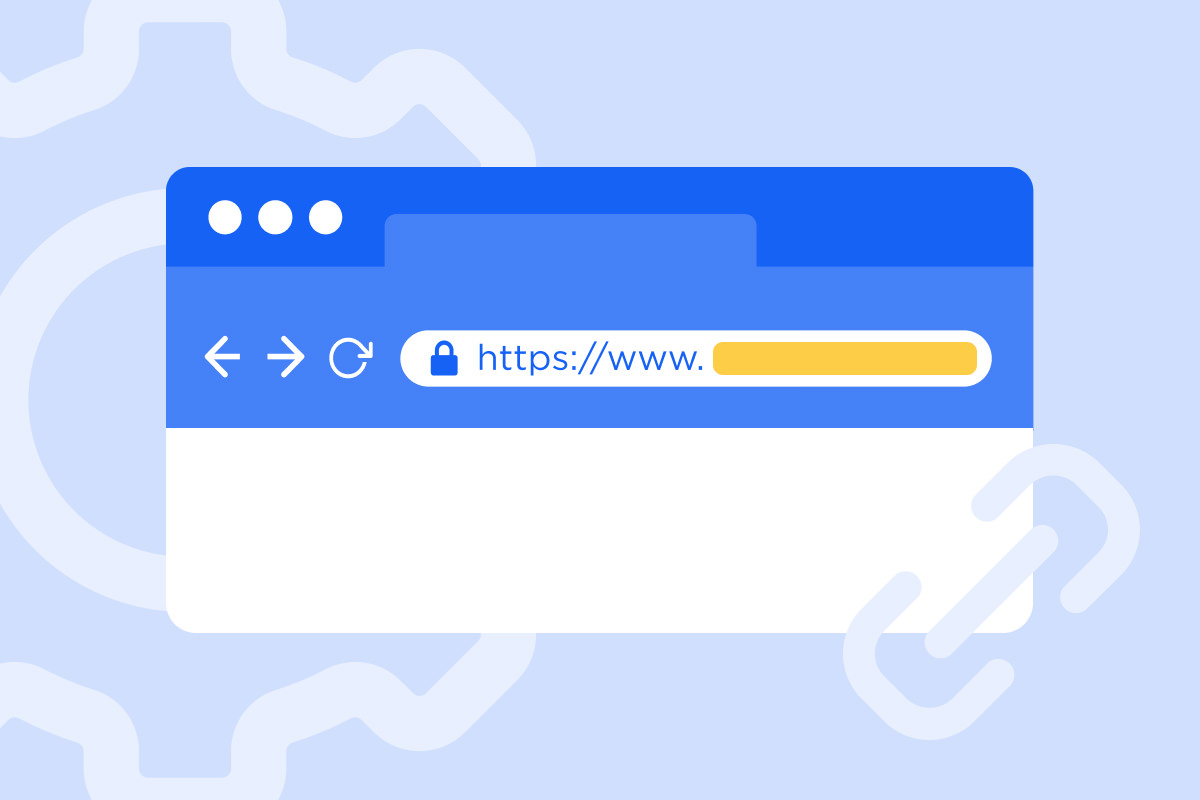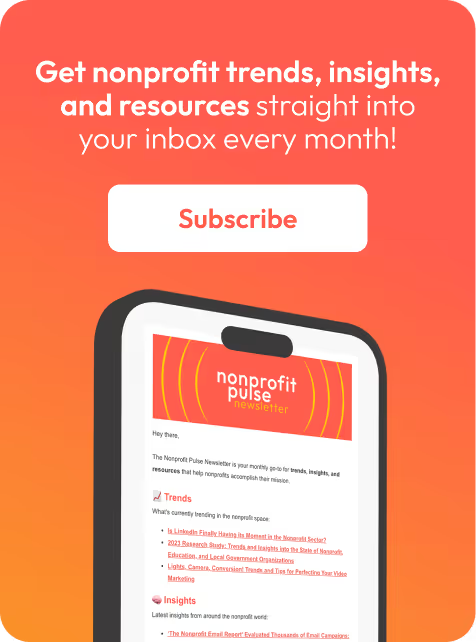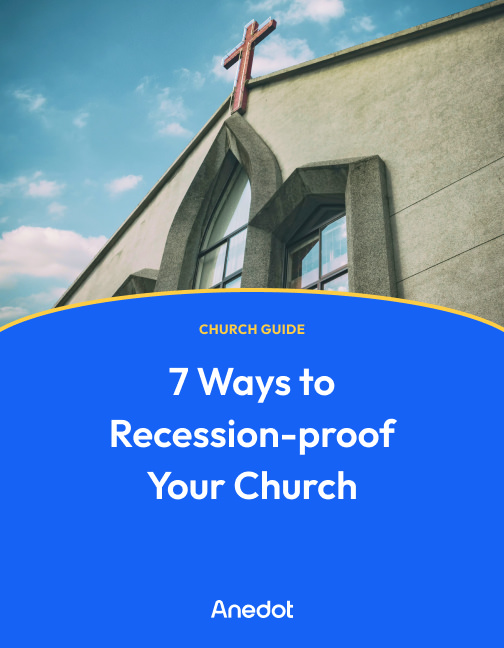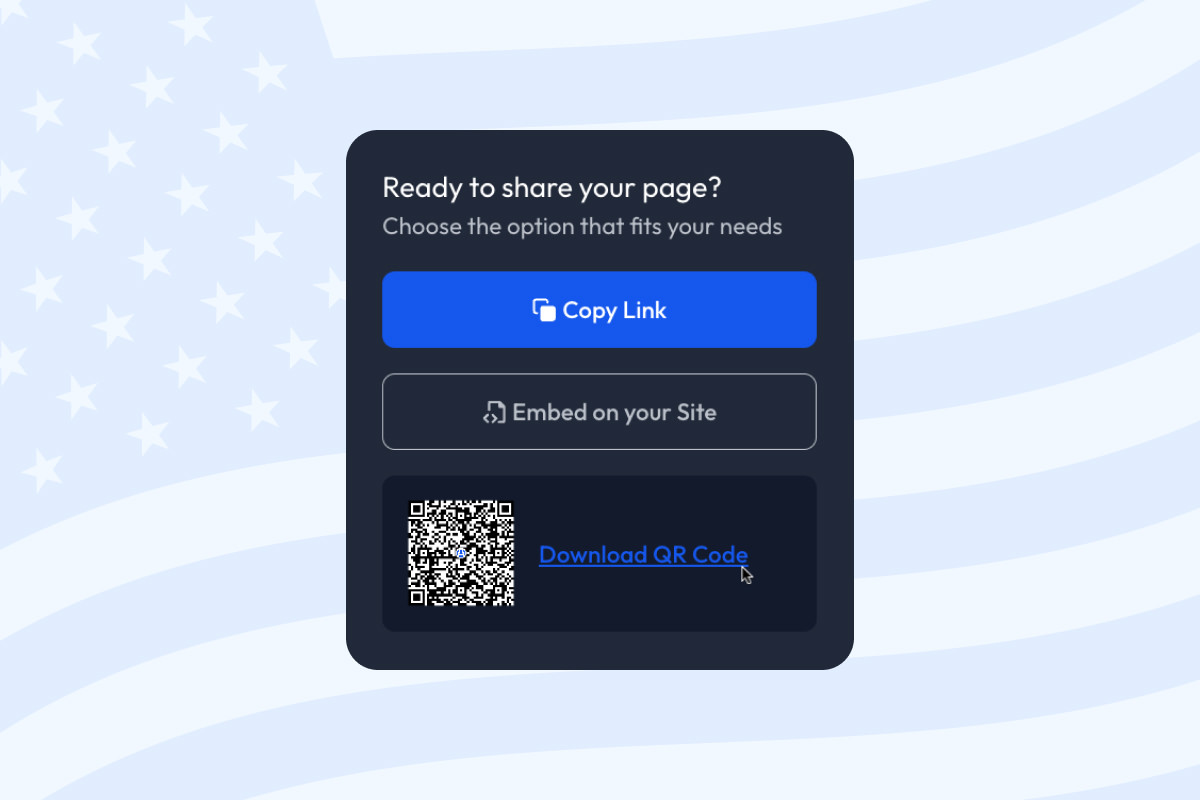Custom domains sound complex, but they're actually pretty simple.
In this post, we will cover what is a custom domain, when you should use a custom domain, how to set up a custom domain, and more!
All right, let's get started!
What is a custom domain?

Many digital marketing and fundraising platforms use a specific domain structure for the hosted pages created on their platform.
For example at Anedot, our domain structure is secure.anedot.com/accountname/pagename. Our customers have the ability to change the account name and page name to whatever they want them to be.
A custom domain changes that URL structure to match your organization's URL.
For example, if John Doe University wanted to use a custom domain, then the above URL could change to secure.johndoe.edu/pagename. Nothing on the page itself would change, but the page could now be accessed by either link.
Using a hosted URL like secure.anedot.com/accountname/pagename or a custom domain like secure.johndoe.edu/pagename provides the optimal experience for most donors and supporters as opposed to an iFrame.
iFrames can be inconsistent depending on the browser and are less reliable generally. Some advanced features from marketing and fundraising software companies can also be negatively impacted when using iFrames.
For most organizations, the hosted URL will provide a great experience and they will never need a custom domain. However, there are some circumstances where you should consider it.
Here's when you do and do not need a custom domain:
When you should use a custom domain

You must use custom domains if you're running a large volume of conversion ads on Facebook and want to track them.
Here's why:
Companies like Apple, Google, and Facebook have already begun implementing significant changes to the way they approach data and privacy in response to public pressure.
The most prominent of these changes were changes that Apple made as part of an iOS 14 update in early 2021. As a result, Facebook made changes of their own product to react to this.
Put simply, Facebook now requires advertisers to validate their domain when tracking conversions.
The easiest way to do this is for the advertiser to own that domain, which is where custom domains come in.
As an example, while John Doe University could not validate secure.anedot.com/accountname/pagename, they could validate secure.johndoe.edu/pagename. If this validation is not completed, then conversions will not pass through to Facebook properly.
If you are only running Facebook advertisements here and there and are not spending thousands of dollars to optimize your conversions, then this likely has no impact on you.
Custom domains must be used though when you need to validate your domain, whether it be for Facebook or a different platform. Thus far, only Facebook has taken this step.
One other niche use case for a custom domain would be an enterprise-level organization that desires to not show a marketing or fundraising platform they're working with.
However, this information can also be deduced from the source code of a website, so it's not a foolproof way to white label using another platform.
→ Learn some reasons why you shouldn't buy Facebook likes, along with some helpful tips on what you should do instead.
When you don't need a custom domain

Most organizations do not need a custom domain so long as the hosted page structure is simple and consistent.
Aside from Facebook's requirements, some organizations may ask "Would it help my fundraising if I had a custom domain?"
In our testing, we've found the answer to be that there's no impact.
Both URLs have the account name in the domain and have the same page name. When we have looked at pages that have each, there isn't a substantial difference in conversions between the two.
Where we see a difference is specifically in page design. Many organizations do not sufficiently design their lead and giving pages to match the branding of their website, emails, or social media advertisements.
By skipping this step, they risk losing credibility with their potential donors and have those donors questioning if the page is legitimate.
When the branding is consistent across multiple channels, prospective supporters are less likely to leave the page.
How are custom domains set up?

Custom domains are set up by telling a page to point to a specific domain.
This is a handshake process done by both the host of the page and the owner of that domain.
The host of the page, like Anedot, will clear your domain so an SSL certificate can be issued and deployed if necessary.
The owner of the name, like John Doe University, will use a CNAME record in their DNS settings to tell that domain to try to connect to the host page.
They will set the name to their custom domain and the content to the domain of the host.
Once this connection is made, the custom domain will show the host page.
Conclusion

While custom domains have a unique use case, they can be important for larger organizations and institutions looking to raise money through targeted Facebook ads.
If you do need to work with a fundraising and lead collection platform that supports custom domains, you should check out our help article on custom domains!
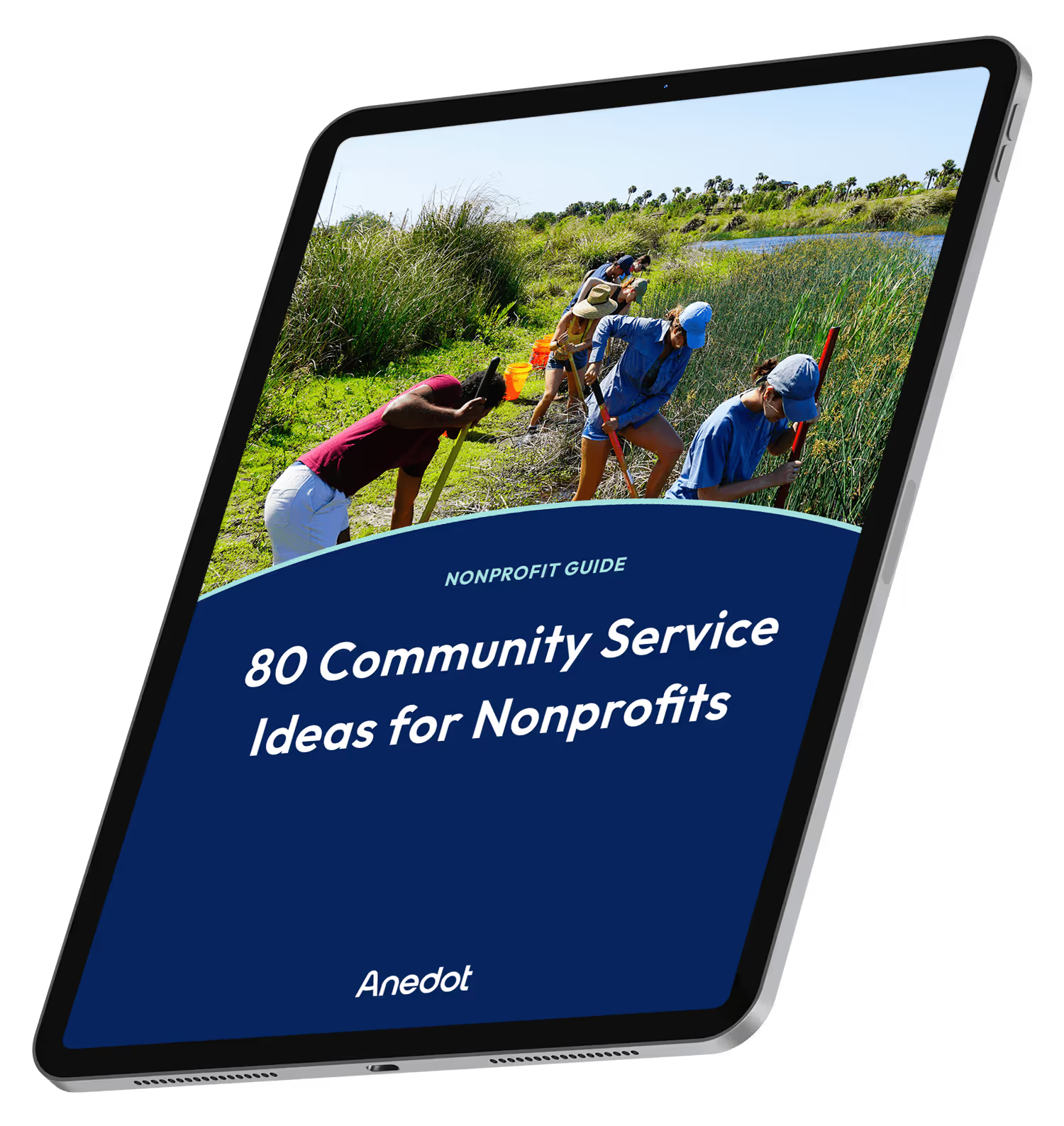
80 Community Service Ideas for Nonprofits

